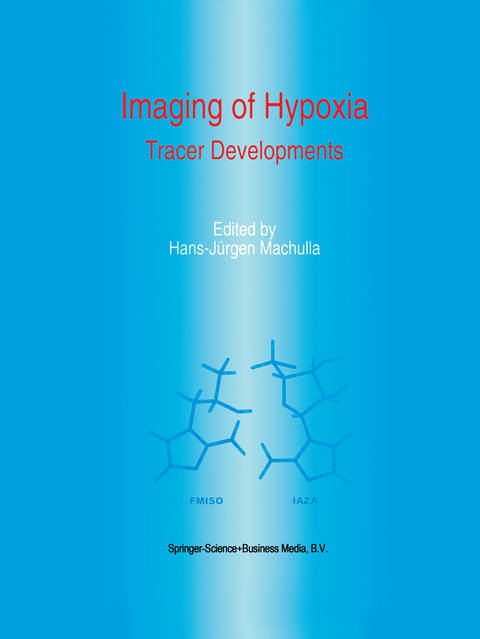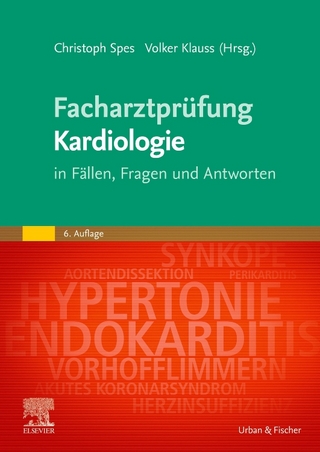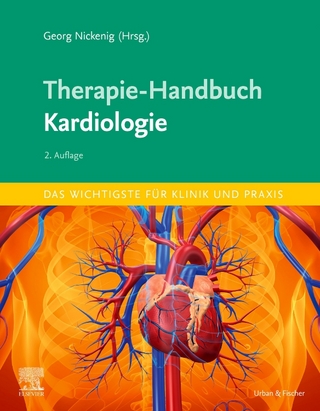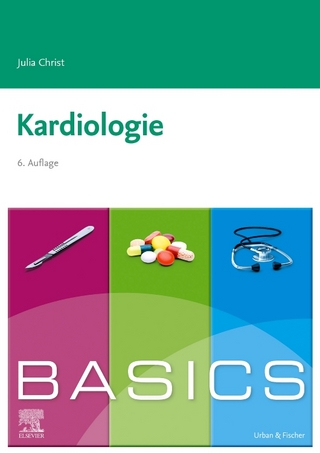
Imaging of Hypoxia
Tracer Developments
Seiten
1999
Springer (Verlag)
978-0-7923-5529-8 (ISBN)
Springer (Verlag)
978-0-7923-5529-8 (ISBN)
Hypoxia, i.e. insufficient availability of oxygen within the tissue, is a more serious problem than realized in clinical routine work, although a large variety of theoretical and experimental data give clearly proven indications. During incidences and progress of many types of diseases hypoxia may enhance development and progress of the disease and, furthermore, decrease chances of efficient treatment of, e.g., tumors. Hypoxic tumor cells are up to three times more resistant towards radiation therapy than normoxic cells. With a diagnostic tool such as provided by hypoxia tracers suitable for PET and SPECT imaging, the particular tissue situation becomes detectable and, thus, treatable. Although the clinical importance of hypoxia imaging is obviously great, to date neither the clinical nor the scientific community at an international level has focused many research activities on the hypoxia problem.
As the result of a workshop held by the Section for Radiopharmacy in Tübingen, this book collects observations and findings in order to stimulate the on-going research resulting in important clinical applications. Hypoxia imaging is needed in areas of cardiology, neurology and oncology. Additional applications are to be expected in the field of diabetes, infections and organ transplantation. Therefore, the book addresses those who are basically involved in research in radiochemistry and radiopharmacy as well as those dealing with all biological aspects and facing direct clinical applications.
As the result of a workshop held by the Section for Radiopharmacy in Tübingen, this book collects observations and findings in order to stimulate the on-going research resulting in important clinical applications. Hypoxia imaging is needed in areas of cardiology, neurology and oncology. Additional applications are to be expected in the field of diabetes, infections and organ transplantation. Therefore, the book addresses those who are basically involved in research in radiochemistry and radiopharmacy as well as those dealing with all biological aspects and facing direct clinical applications.
1 Hypoxia: An Introduction.- 2 The Biology of Technetium Based Hypoxic Tissue Localising Compounds.- 3 Basic Chemistry of 2-Nitroimidazoles (Azomycin Derivates).- 4 Molecular Design Approaches of Hypoxia Tracers.- 5 Syntheses of PET-Tracers for the Determination of Hypoxia.- 6 Quantifying Hypoxia with Radiolabeled Fluoromisonidazole: Pre-Clinical and Clinical Studies.- 7 Detection of Liver Hypoxia by [18F]Fluoromisonidazole and Application in Liver Transplant Disorders.- 8 The Evaluation of Hypoxia in Diabetes.- 9 Radiohalogenated Nitroimidazoles for Single-photon Scintigraphic Imaging of Hypoxic Tissues.
| Erscheint lt. Verlag | 31.1.1999 |
|---|---|
| Reihe/Serie | Developments in Nuclear Medicine ; 33 |
| Zusatzinfo | XX, 180 p. |
| Verlagsort | Dordrecht |
| Sprache | englisch |
| Maße | 155 x 235 mm |
| Themenwelt | Medizinische Fachgebiete ► Innere Medizin ► Kardiologie / Angiologie |
| Medizin / Pharmazie ► Medizinische Fachgebiete ► Onkologie | |
| Medizinische Fachgebiete ► Radiologie / Bildgebende Verfahren ► Nuklearmedizin | |
| Medizinische Fachgebiete ► Radiologie / Bildgebende Verfahren ► Radiologie | |
| ISBN-10 | 0-7923-5529-6 / 0792355296 |
| ISBN-13 | 978-0-7923-5529-8 / 9780792355298 |
| Zustand | Neuware |
| Haben Sie eine Frage zum Produkt? |
Mehr entdecken
aus dem Bereich
aus dem Bereich
in Fällen, Fragen und Antworten
Buch | Softcover (2024)
Urban & Fischer in Elsevier (Verlag)
89,00 €


